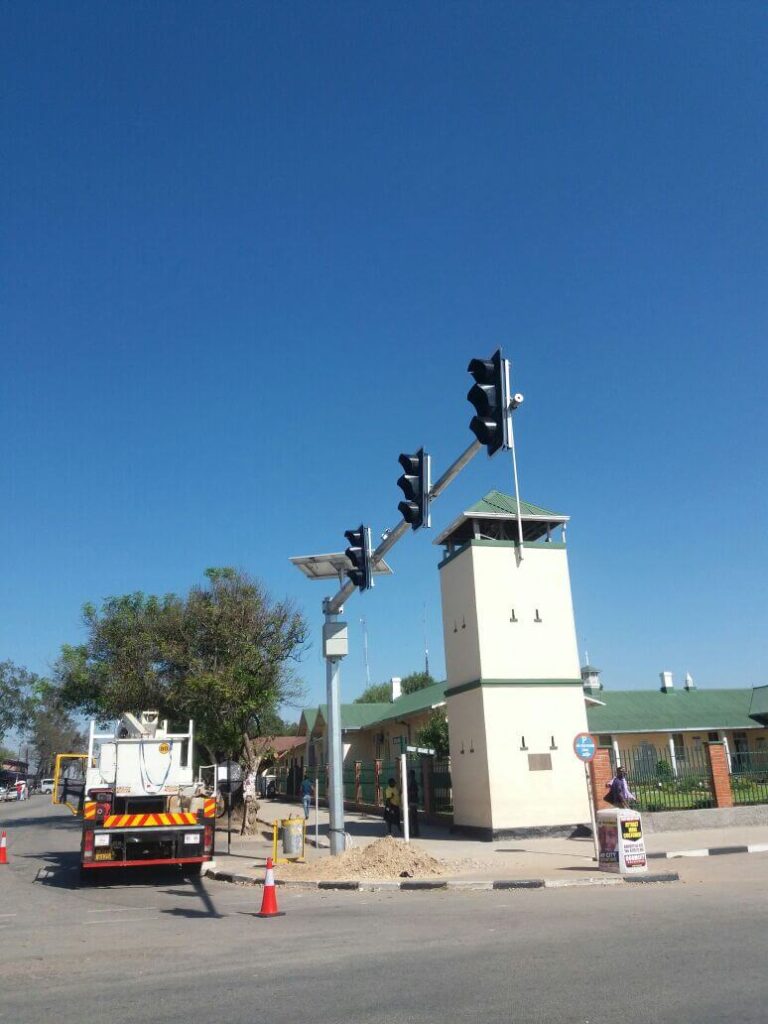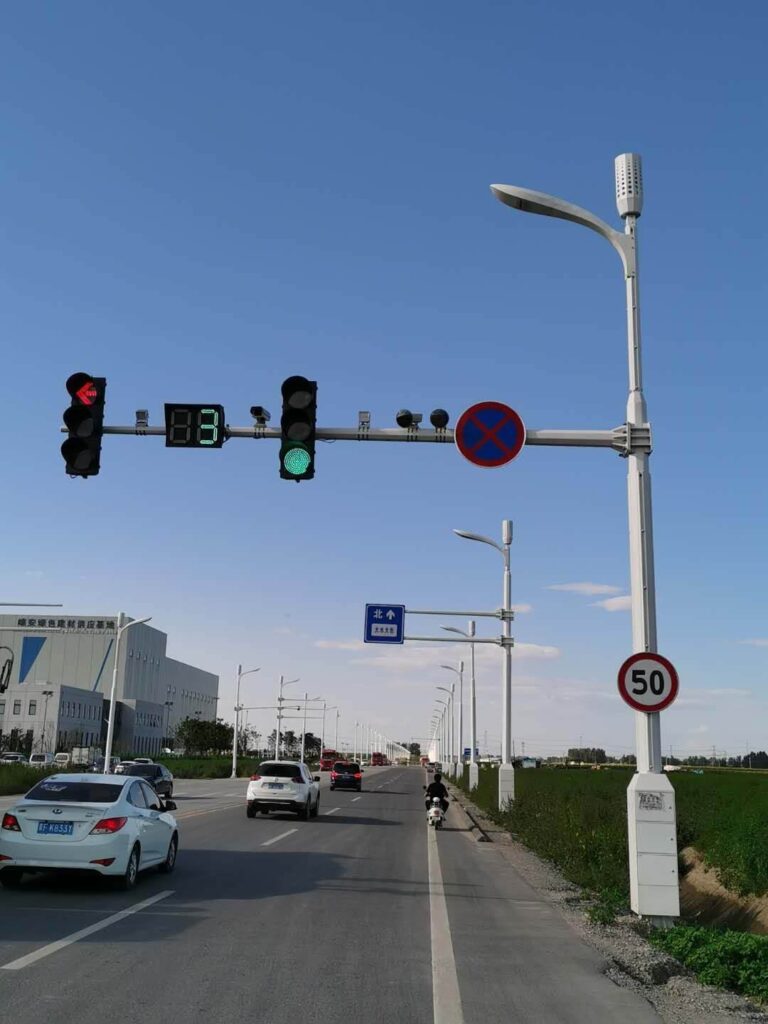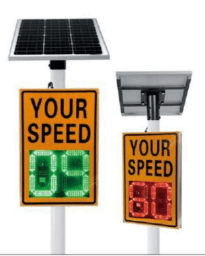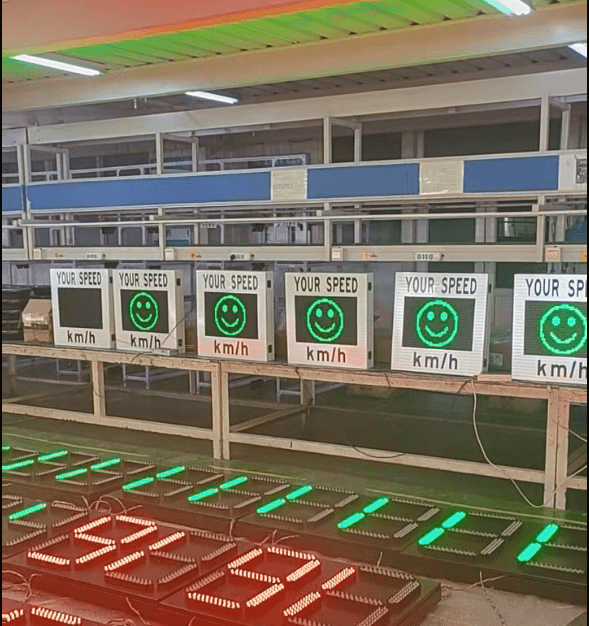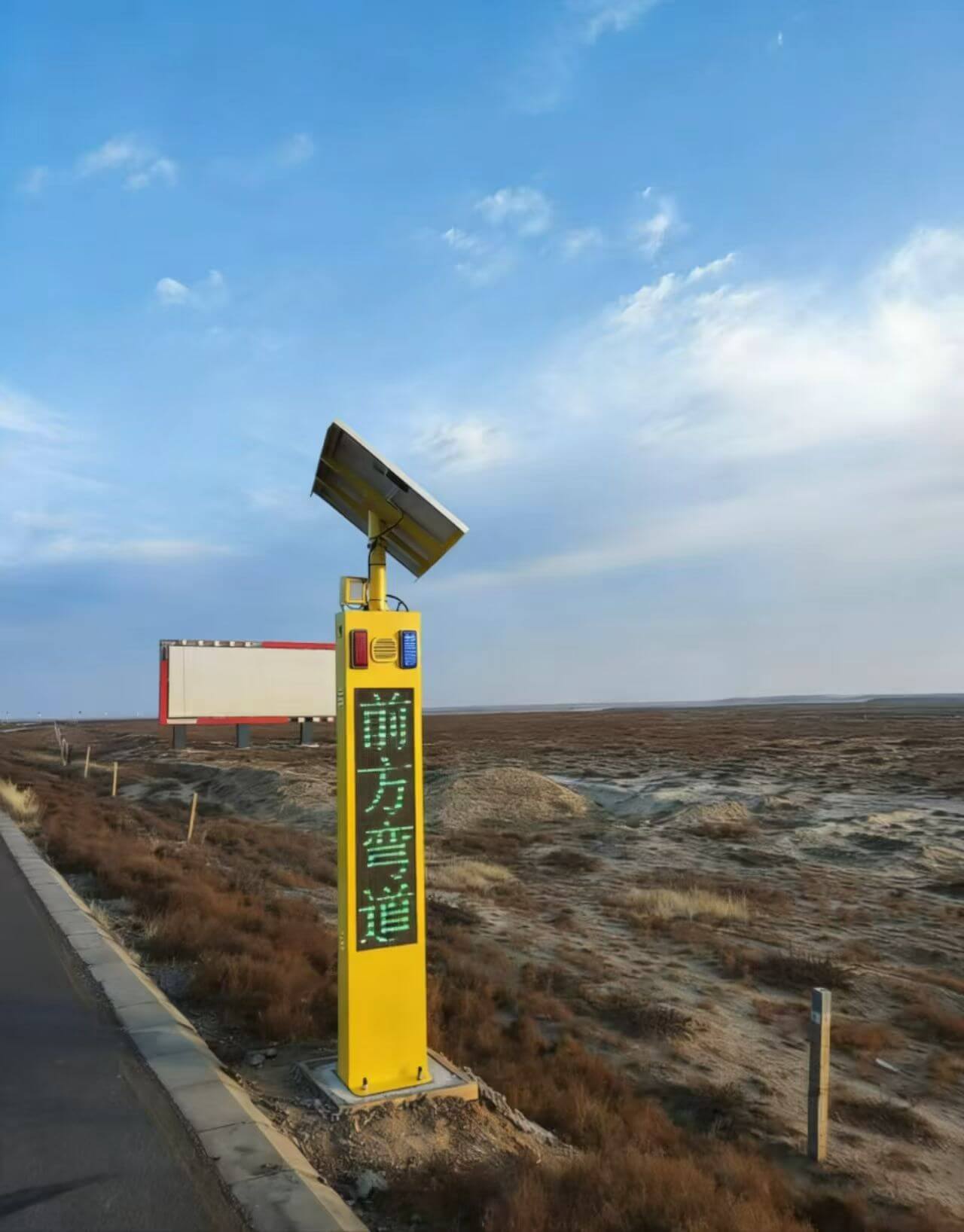Application prospect analysis of face recognition in traffic signal control
Face recognition technology in traffic signal control contribute a lot in various fields in recent years.
- First, technical principles. The face recognition technology collects the user’s facial information through the camera, extracts the facial features and compares them with the facial features stored in the database in advance, so as to realize the identity authentication of the user. In the traffic light control, the camera can be set up to recognize the driver’s face, judge the driver’s identity and attention state, and adjust the change of the signal light according to the driver’s situation.
- Second, application scenarios. Face recognition technology has a wide range of application scenarios in traffic signal control. First of all, the identity of the driver can be authenticated through face recognition technology. It prevent the theft of other people’s vehicles or unlicensed driving. Secondly, face recognition technology can judge the face attention. When the driver is distracted or tired driving, it can remind in time and adjust the change of the signal light to reduce the occurrence of traffic accidents. In addition, we use face recognition in intelligent monitoring and management of traffic intersections to achieve automatic identification of the status of vehicles and pedestrians, thereby improving traffic efficiency and reducing traffic congestion.
- Third, future development. In the future, face recognition technology will combine with on-board cameras, intelligent traffic lights and other equipment to achieve multi-faceted monitoring and management. At the same time, big data analysis and artificial intelligence algorithms can also contribute to dig deeply into traffic flow, vehicle routes and other data to provide more intelligent solutions for urban traffic management.
In general, the application prospect of face recognition technology in traffic signal control is very broad. It will gradually become an important technical means in the field of traffic management in the future.

